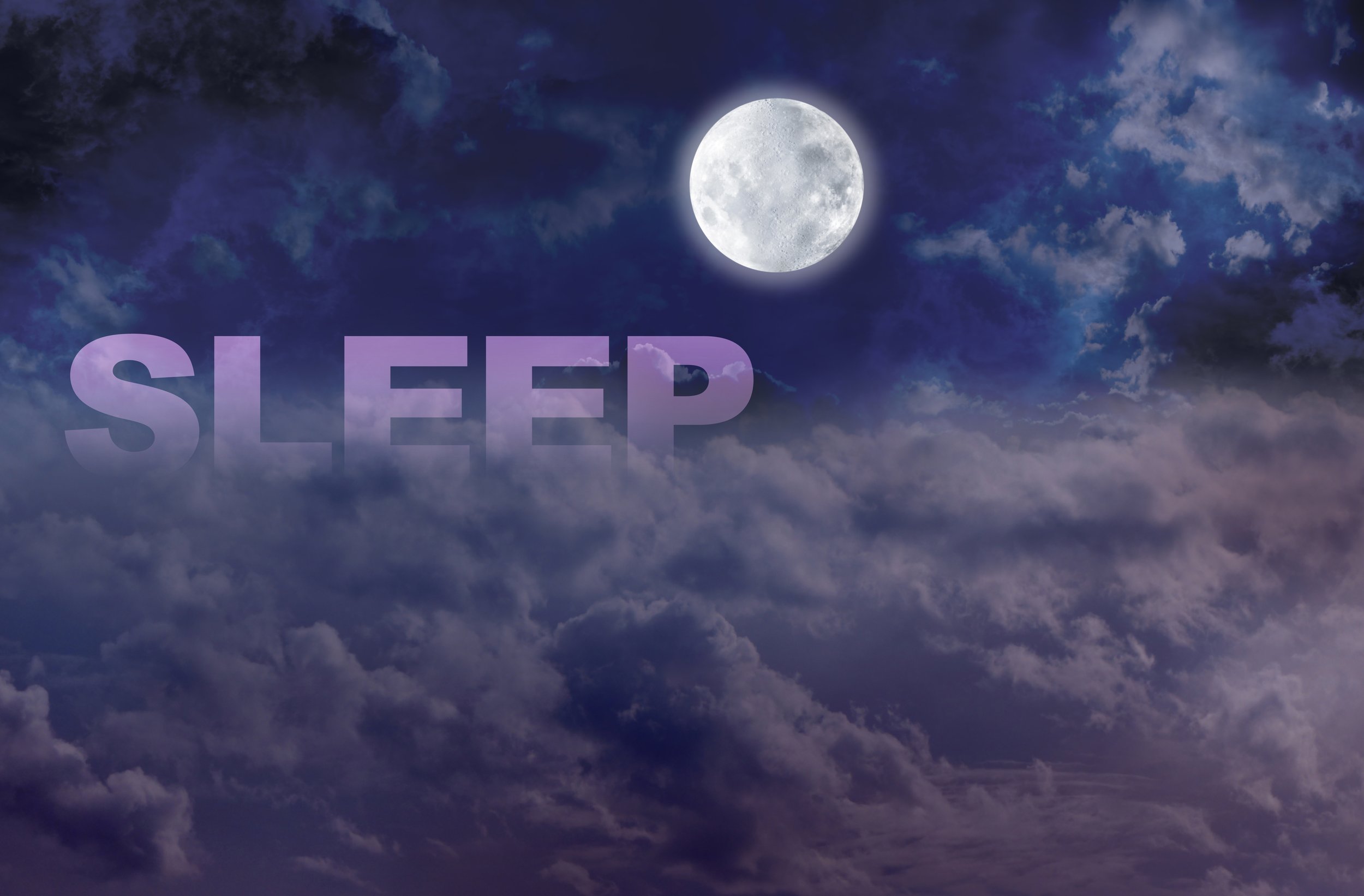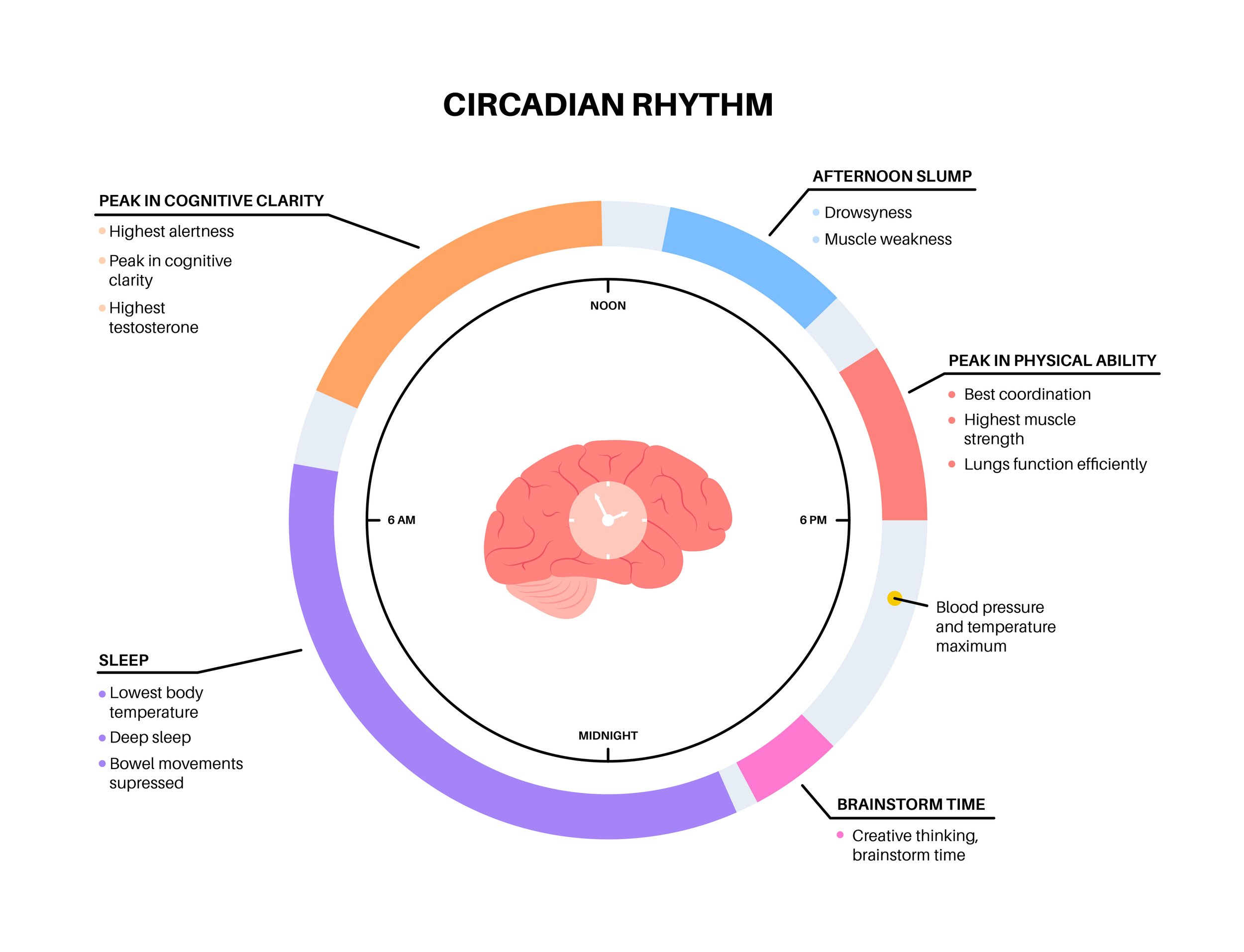Sleep — Listen to your body (Part 4)
With the time change recently falling back and wreaking havoc on people’s internal clocks, this seems like a good time to discuss one of the most important aspects to fitness – sleep. Somewhat symbolic of my own sleep habits, I’ll keep this post shorter than most.
Let’s face it, for many of us, this might be the most difficult of fitness habits to control. Some of the reasons for that are real, others may just be excuses, but I just know that I can’t identify very many successful people who confidently say they often get all the sleep they need.
To make matters worse, given that, at its core, this is a fitness blog that promotes incorporating a fitness routine into our busy schedules, working out adds to the sleep we need. So, given that work, fitness, friends, and family are all important aspects to our lives that we need to fit into our schedules, here are a few tips that I’ve incorporated for making sure sleep does not suffer – or at least suffers less than it otherwise would . . .
1. Aim for consistent bedtimes and wake times – Consistency here is not just about ensuring the right amount of sleep, which is not always possible, but rather, it’s about getting healthier sleep. An inconsistent sleep schedule not only disrupts the body’s circadian rhythm, but also has been shown to be associated with increased mortality due to cancer, cardiovascular diseases, and other health outcomes. In fact, sleep consistency has been demonstrated to be more important for health than sleep duration.
2. Take naps – This one is simple. Napping reduces the amount of sleep you need for a given night. If you are going to have a late night or early morning, try to work in a nap in advance. The amount of sleep you need that night will basically be reduced by the amount of time you spent sleeping during your nap (or so says my WHOOP).
3. Limit caffeine – This is another habit where I was just the worst. After my morning coffee or two, I’d have another when I got to work and then go for two more coffee runs during the day. That and saying up to about 2 or 3 AM was my routine. Gradually, I made changes to this, first cutting off caffeine by 4 PM, then by 2 PM, then even earlier and earlier. Now, I have two double espressos in the morning before I work out and that’s it! Yes, I understand that four shots of espressos in a day is still a lot, but I’ll address vices in a later blog post.
4. Avoid late meals and drinks – According to my WHOOP, late meals and alcohol are the two behaviors that have the worst effects on my recovery.
My WHOOP recovery data from late meals and alcohol.
That’s not just me, as it is consistently true for others tracking these behaviors on WHOOP. Giving your body some time to digest and recover from each before bed will improve sleep quality greatly. When I fail at this, I notice that my heart rate was higher overnight and my REM and deep sleep were much lower.
5. Turn off the TV (or don’t even turn it on) – I used to be the biggest offender of trying to get in more episodes of a show I was binging before bed. Especially with a binge show, this turned out not to just be one episode since I naturally had to continue to the next one, and then the next. One episode alone reduced the amount of sleep I’d get significantly. Three or four episodes later, it was destroyed for the night. For those who still want to watch something to unwind in order to fall asleep, consider turning on something you’ve seen before so your brain can just turn off, but also be aware that screen time itself – due to exposure to blue light – suppresses production of melatonin, the body’s sleep inducing hormone. So . . .
6. Try weird stuff – For some, it may be a white noise machine. Others may benefit from a sleep mask. Neither of those do much for my sleep quality, but one thing that works for me is wearing blue light blocking glasses for an hour or two before bed. Due to work, I rarely can turn off all of my screens before bedtime, but blocking blue light that comes from computers, smartphones, or television leads to decreased heart rate, longer sleep duration, and better recovery.
7. Consult with a doctor – What I discussed above are merely my own personal musings on ways that I’ve been able to improve on my sleep health over the years. They’ve made a huge difference in my life. But so did getting medical help. If you suffer from insomnia, sleep apnea, or any other sleeping disorder, it is important to seek help from a medical professional. These conditions not only affect your energy and fitness, but they can have much greater consequences to physical and mental health as well.
Interestingly, when I look at my WHOOP data and the impact that various factors have on my recovery, nearly all of them relate to sleep in some way (see caption below photo).
Most of the behaviors above that relate to sleep are obvious, but it’s also fascinating that I regularly nap during air travel. red light therapy, and acupuncture! So, is “early workout” the only one that doesn’t actually involve sleep?
I realize that most of the tips discussed above can help during our daily routines, but few if any address what to do when we are entrenched in a massive work schedule that requires many sleepless nights. We all have these periods at some time. For me, it most often comes at trial where four hours or less a night can be common. Certainly, naps are not an option, and neither is avoiding caffeine. So, amid the chaos, the best approach is to remember to win the day. That could mean skipping a workout either to get extra sleep or to simply avoid adding to your sleep need. Regardless of whether that’s the case, at its core, it means do what you are supposed to do that day.
In my less-healthy days, I may not have exercised the best judgment on what to do when experiencing sleep deprivation. For some reason, while at trial in Chicago several years ago, I felt the need to go ice skating during a break in the day while running on fumes after an all-nighter – thinking I needed to do something to stay awake at the time.
Left: Going ice skating during a break in my trial day in 2012 after pulling an all-nighter. Right: Revisiting the scene while waiting for a jury verdict in 2017 (we won!).
For most of us, the chaos comes for a relatively brief period whether a few days or even a few weeks. Do what you need to do to succeed in that moment and return to what you are supposed to do when the storm is over.
And one final note on this topic for some very special colleagues who just won a big trial in Philadelphia . . . Congrats on the huge win, and I hope you get some much-needed rest! But feel free to ignore the part above about drinking as you celebrate. A well-deserved toast for the success you achieved most definitely wins the day!
Aaron
For more of my Listen to Your Body series, check out these other posts:





